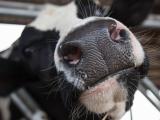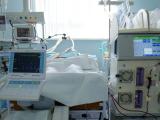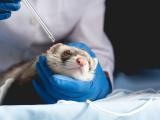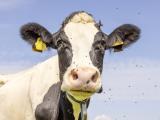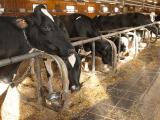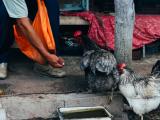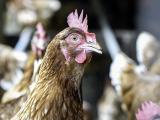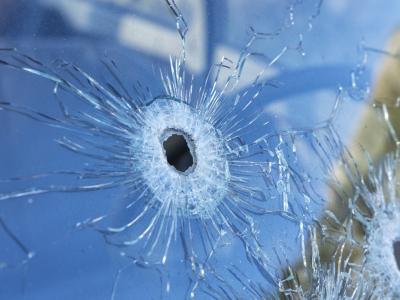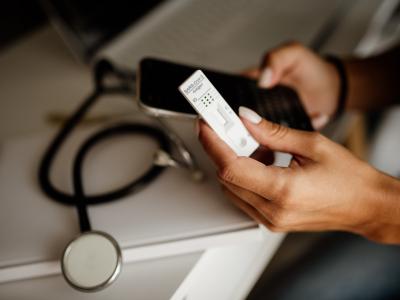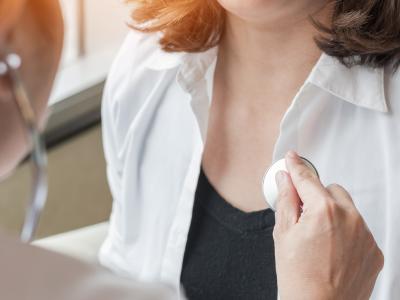Nov 23, 2005 (CIDRAP News) – China's ambitious goal of vaccinating all its poultry against H5N1 avian influenza may be impossible and could even backfire by helping to spread the virus, according to experts quoted in recent news reports.
Chinese officials announced Nov 15 the aim of vaccinating the country's estimated current stock of 5.2 billion poultry, most of which are in small backyard flocks. Officials said China raises 14 billion birds annually.
But veterinary experts say there is no easy way to vaccinate so many birds, because every bird must be jabbed with a needle, according to an Agence France-Presse (AFP) report published yesterday. Putting vaccine into feed doesn't work for birds.
Leon Russell, president of the World Veterinary Association, told AFP, "The problem is it takes so many people to do it. I think it would be very difficult."
Newly hatched poultry can be immunized with an automatic injector, enabling one person to give about 600 shots per hour, J. J. Giambrone, a professor of poultry health at Auburn University in Alabama, told AFP. Still, vaccinating 14 billion birds a year would be "almost impossible," he said.
The vaccination campaign would have to be done repeatedly to immunize young birds, since reintroduction of the virus from migratory birds is a constant threat, according to experts quoted in a Nov 20 New York Times report.
Moreover, vaccinators may spread the virus from farm to farm on their clothing and equipment unless they change or sterilize them after each stop, David A. Halvorson, an avian health specialist at the University of Minnesota, told the Times.
Dr. Carol Cardona, a poultry expert at the University of California at Davis, said vaccinators inadvertently helped spread exotic Newcastle disease among birds in California in the early 1970s, according to the story.
As for the supply of avian flu vaccine, Giambrone cast doubt on China's recent claim that it is producing 100 million doses per day. He said vaccines are grown in specific pathogen–free (SPF) eggs, but the world doesn't have enough of those to make that much vaccine, he told AFP.
In another AFP report, published today, Joesph Domenech of the United Nations Food and Agriculture Organization (FAO) expressed concern about the quality of China's avian flu vaccines.
Domenech, head of veterinary services at the FAO, said avian flu vaccines should be subject to quality control measures in independent laboratories, not in the lab where the vaccines are made.
He said China is using only vaccines made in its own labs and that the vaccines have not "all been controlled in an independent manner," according to the story.
Earlier this month, Chinese Agriculture Minister Du Quingling accused vaccine makers in Liaoning province of distributing "fake and shoddy" vaccines, which he said could lead to greater spread of the H5N1 virus.
